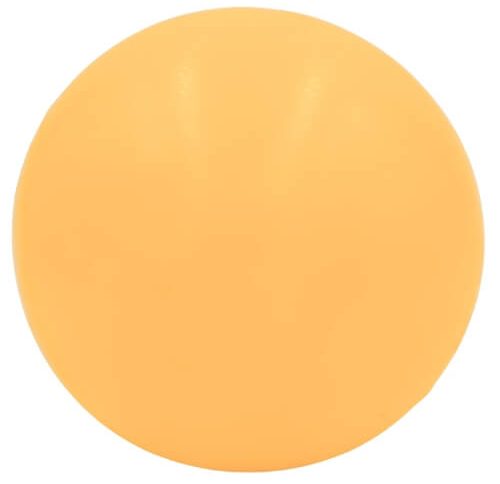
There are some great novels one must simply read. Crime and Plushies is one literary great. The other? War and Peas.
It’s famous the world over for being over 1,400 pages in length. It’s also famous for being a notorious polemic about peas being better than baked beans and triggering off conflicts worse than The Great Baked Beans Price War of July 1994.
Do note, this work has little (in fact, nothing) to do with Leo Tolstoy’s War and Peace (1869). That’s a totally different kettle of fish.
War and Peas is largely about vegetables, as opposed to the Napoleonic invasion of Russia in 1812. Indeed.
War and Peas: Conflict in the Name of Beet/Seed Preferences
“The strongest of all warriors are these two—time and peas.”
Unlike Tolstoy’s novel, which explores themes of love, politics, and war, War and Peace (written by British writer Lenny Smith in 1932) explores themes of peas.
In a long and rambling 100 page introduction to War and Peas, Smith lays out his personal philosophy of Peaism. He explains on page 76:
“The nature of Peaism is to comprehend the importance of peas. For there is no true portent without this small green seed. Further to that, the assault on this pea-based state of affairs by the baked bean replete in tin (can) is an attack on society itself. The bean seeks to drive the proletariat into the ground, thus ensuring the emancipation of tins and cans and I can’t stand any of it. Peaism is a step back towards the purity of existence at a time when there is no purity of existence. Bloody hell, by Jove, and blood and stomach pills, this work is a gift to society and those who have sinned. Repent! Buy peas.”
The novel explores the life of lead protagonist Bob Jones, his wife Sandra, and their 13 kids as they live in Bolton of Greater Manchester.
Opening chapters depict the outbreak of civil war as baked bean enthusiasts destroy pea factories and farms.
To restore order to the land, Bob Jones and his brave troop of pro-pea defenders fight back. It is a brave, bloody, and green battle with much time for postulating over the nature of being. Behold:
“Fred was right when he said that one must believe in the possibility of happiness in order to be happy, and I now believe in it. Let the dead bury the dead, but while I’m alive, I must live and eat peas.”
The first 600 pages involve Bob Jones and his family eating tense dinners while they sit there not talking to each other (due to the stress of the times).
These sections are interspersed by battles, which are then followed by more meals, and beard-strokingly-boring propaganda about why peas are better than baked beans.
Stick with the book, though, as despite how stunningly dull it is for the first 600 pages it gets better once an important foodstuff arrives.
The Arrival of Mushy Peas
War and Peas really gets into its stride as a cracking drama once the might of mushy peas (also known as Manchester caviar) arrive on the scene.
At this point, Bob Jones and his cohorts begin using the mush as a brutal weapon by catapulting the stuff across invading baked beans rebels.
Thus, the war swings in their favour as the enemy is left covered in goop and a bit cross about it, too.
However, the big turning point is when the baked beans brigade accidentally taste test the mushy peas. Delighted by its charms, they’re soon won over by the excellence of peas.
The Controversial Hippy-Fest Ending to War and Peas
The final 300 pages of the work are notorious for their promotion of truly disgusting concepts of progressivism and a step away from mindless individualism.
There are appalling themes of:
- Social harmony and flower power
- Equality across society
- Fair wealth distribution
- Promoting the ease of attaining social utopia
This closing segment has been branded by some critics as “disgusting” and “leftist propaganda”. Many have called for copies of War and Peas to be burned in enormous fires, with the fires then detonated by missiles, and the area then raised by airstrikes to ensure no fragments of paper remain.
It’s believed these plans will commence from March 2024 in an attempt to eradicate War and Peas off the face of the Earth.
So, get a copy whilst you still can! Looks like this one will be erased from history before you can say, “Salt and vinegar, please, love!”

There! I pressed the bloody like button. HAPPY??
Also, well written, etc. Peas out, yo! 🎤
LikeLiked by 1 person
That is acceptable, thank you for you efforts. Have some mushy peas to celebrate.
LikeLiked by 1 person
We had peas tonight!
I made veggie pot pies, and peas are an integral ingredient.
How do you feel about its pallid cousin, the chick pea?
LikeLike
Peas by themselves? I’m partial to plates of peas, yeah. Petit pois! Mushy peas. Peas on toast. Pea soup.
Chickpeas make houmous so they are, without question, the most important beet in the world.
LikeLike